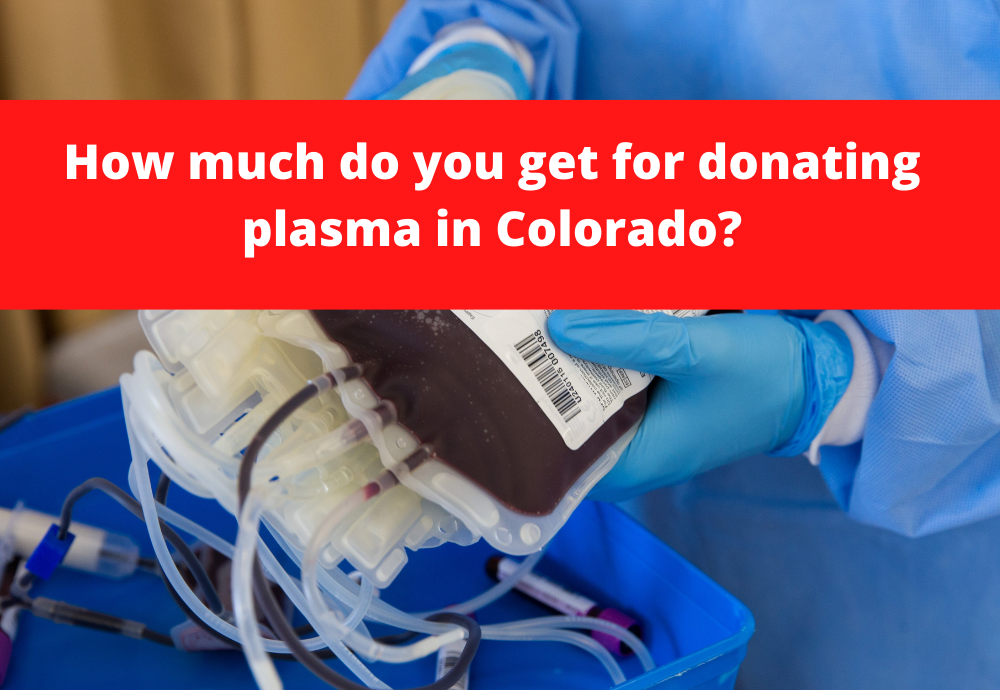How much do you get for donating plasma in Colorado?
How much do you get for donating plasma in Colorado?
Donating plasma is a great way to help others in need while also earning some extra cash. If you're considering donating plasma in Colorado, you may be wondering how much you can expect to receive. Read on to find out everything you need to know about plasma donation in Colorado!
The amount that you get paid for donating plasma in Colorado may vary depending on the center that you donate to. However, the average range is typically between $20 to $50 per donation. The amount that you get paid is based on a number of factors including the current market value of plasma, the volume of plasma donated, and the donors weight and height.
How is plasma collected?
When you donate plasma, a medical professional will hook you up to a machine that extracts the plasma from your blood. The process is similar to giving blood, and usually takes about an hour.
What are the eligibility requirements for donating plasma in Colorado?
To be eligible to donate plasma in Colorado, you must:
-Be at least 18 years old
-Weigh at least 110 pounds
-Be in good general health
-Have a valid photo ID
-Have not donated plasma in the last 28 days
How much money can you make by donating plasma in Colorado?
Are you looking for a way to make some extra money? If so, you may be interested in donating plasma. Plasma donation is a process in which blood is drawn from a donor and the plasma is separated from the red blood cells. The plasma is then used to create lifesaving treatments for people with certain medical conditions.
So, how much can you make by donating plasma in Colorado? In general, most plasma donation centers will pay between $20 and $50 for each donation. However, this amount can vary depending on the center and the donor’s frequency of donation. For example, new donors may be paid slightly less than regular donors.
If you’re interested in donating plasma, it’s important to do your research to find a reputable center that pays fair compensation. Once you find a center that you’re comfortable with, the process is relatively quick and easy. Plus, you’ll be helping to save lives!
What are the risks of donating plasma?
There are a few risks associated with donating plasma. These include:
• Infection: There is a small risk of infection from the needle used to draw blood or from the equipment used to collect plasma.
• Allergic reactions: Some people may experience an allergic reaction to the anticoagulant used to prevent clotting during collection.
• Hemolysis: This is a condition where red blood cells are broken down. It can be caused by the needle used to draw blood or by the collection process itself.
• hypotension: This is a condition where blood pressure drops suddenly. It can be caused by standing for long periods of time during donation or by dehydration.
Conclusion
While it is not a large amount of money, donating plasma can be a great way to help people in need and make some extra cash. If you are considering donating plasma, we hope that this article has helped you understand the process and what you can expect. Donating plasma is a safe and easy way to help others, and we encourage you to consider it if you are able.






